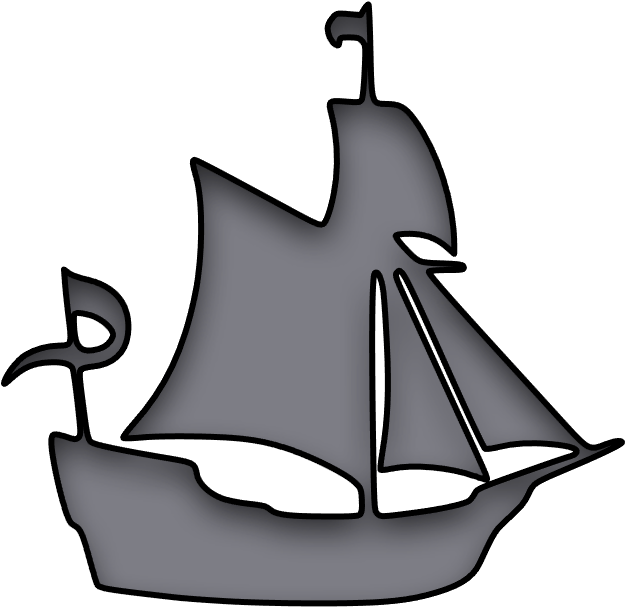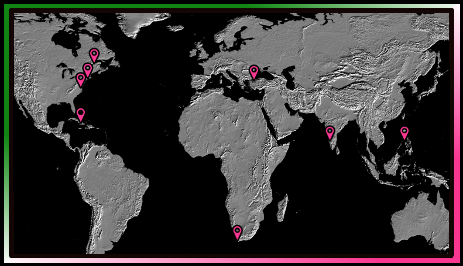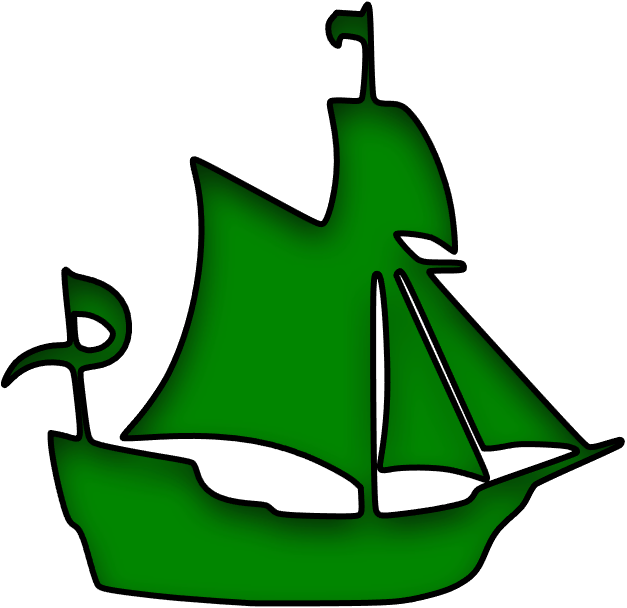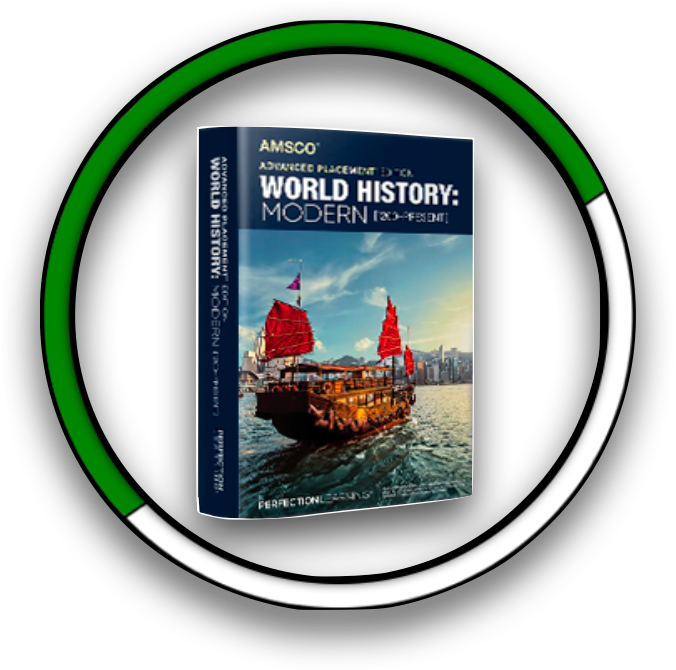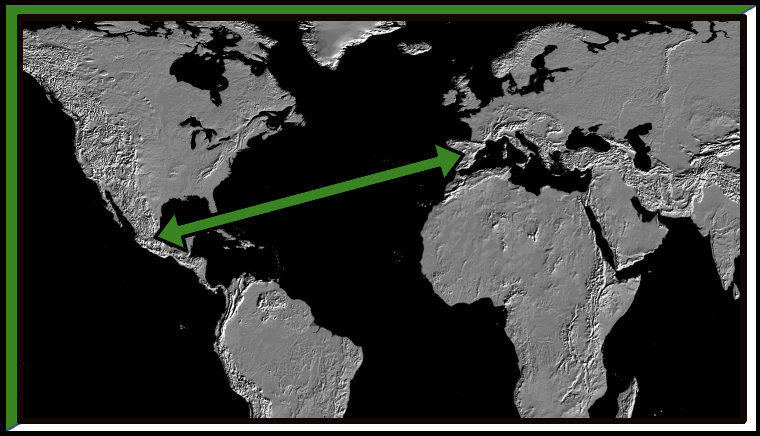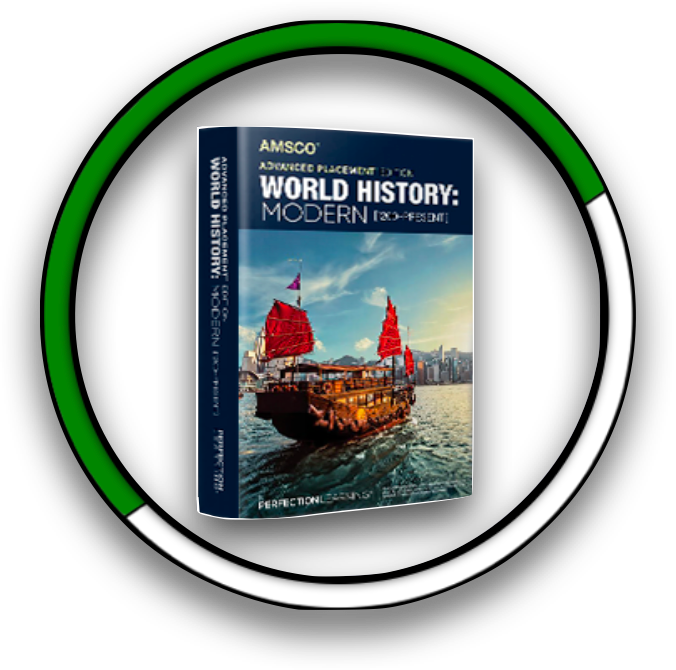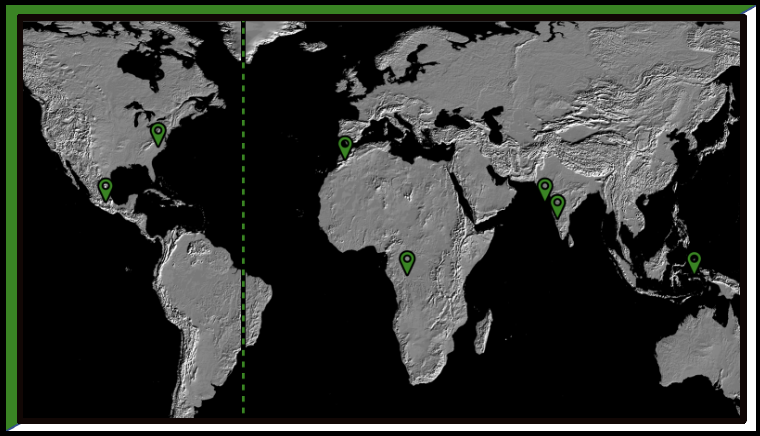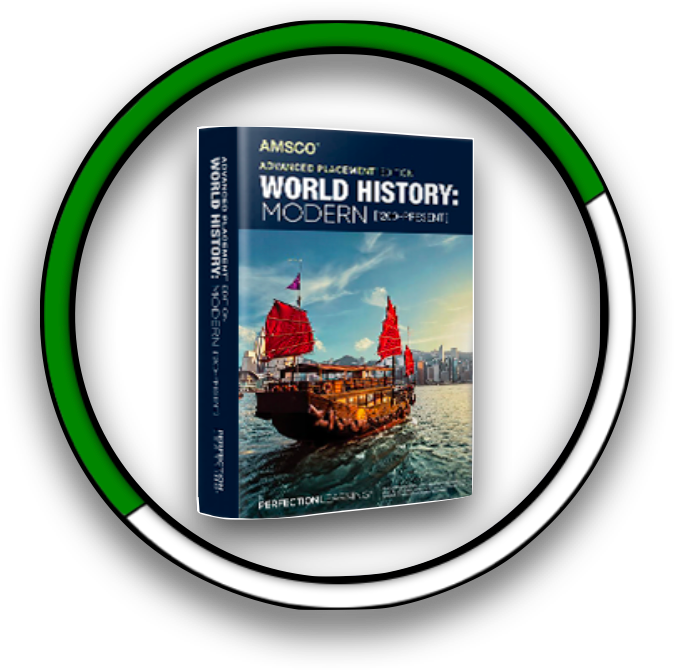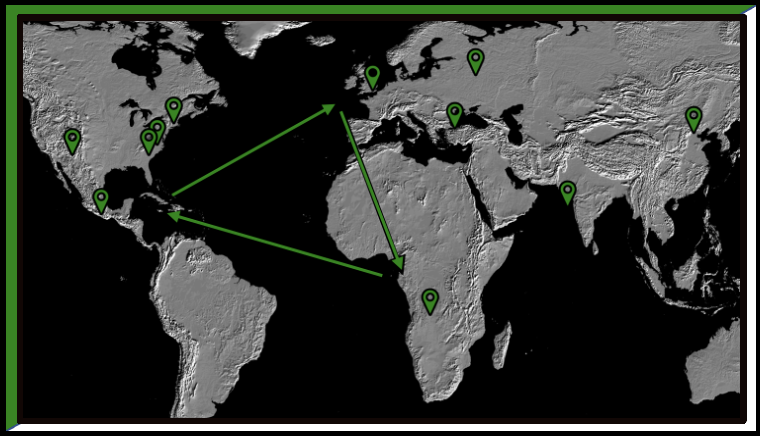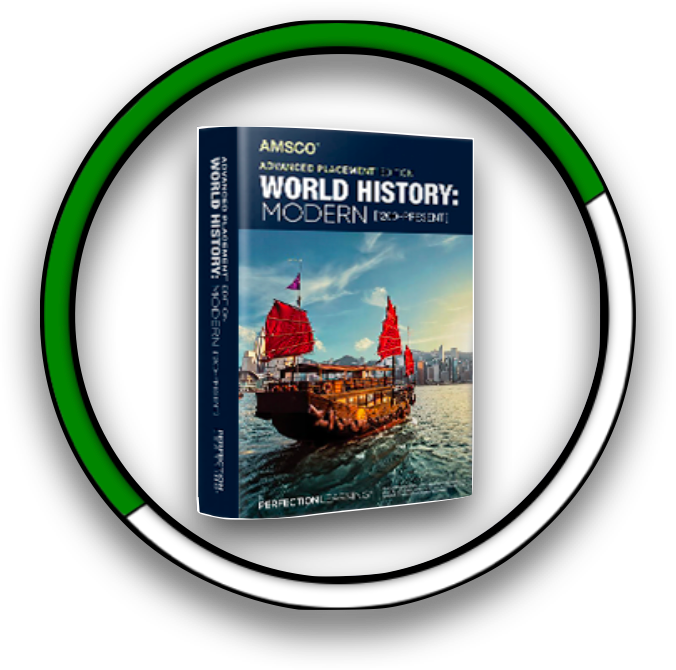-
American History
- American History Honors >
- Unit 0: 1763 - 1800 - Revolutionary America
- Unit 1: 1800 - 1848 - Expansion & Reform
- Unit 2: 1848 - 1877 - A Nation Divided
- Unit 3: 1865 - 1898 - The Gilded Age
- Unit 4: 1890 - 1920 - American World Debut
- Unit 5: 1920 - 1945 - Trials and Tribulations
- Unit 6: 1945 - 1963 - Cold War Tensions
- Unit 7: 1955 - 1980 - Conflicts & Resolutions
- Unit 8: 1980 - present - Modern America
-
World History
- World History Honors
- Unit 1: (1200-1450) - State Building in the Global Tapestry
- Unit 2: (1200-1450) - Networks of Exchange
- Unit 3: (1450-1750) - Land-Based Empires
- Unit 4: (1450-1750) - Sea of Exploration
- Unit 5: (1750-1900) - Revolutions
- Unit 6: (1750-1900) - Imperial Migration
- Unit 7: (1900-present) - Global Conflicts
- Unit 8: (1900-present) - Cold War & Decolonization
- Unit 9: (1900-present) - Globalization
-
Advanced Placement (AP)
-
AP World History
>
- Unit 1: (1200-1450) - State Building in the Global Tapestry
- Unit 2: (1200-1450) - Networks of Exchange
- Unit 3: (1450-1750) - Land-Based Empires
- Unit 4: (1450-1750) - Transoceanic Interconnections
- Unit 5: (1750-1900) - Revolutions
- Unit 6: (1750-1900) - Imperial Migration
- Unit 7: (1900-present) - Global Conflicts
- Unit 8: (1900-present) - Cold War & Decolonization
- Unit 9: (1900-present) - Globalization
-
AP European History
>
- Unit I - The Rise of Europe
- Unit II - Rebirth and Exploration
- Unit III - A Fractured Faith
- Unit IV - A Question of Sovereignty
- Unit V - A Shifting Society
- Unit VI - Revolution
- Unit VII - Political Turmoil
- Unit VIII - Rise of the Nation-State
- Unit IX - Forging the Modern Era
- Unit X - Imperialism and the Great War
- Unit XI - Global Conflicts
- Unit XII - The Long Peace
-
AP World History
>
- Civic Literacy
|
NEED TO KNOW
|
While land-based empires expanded their territory in the 15th-18th centuries, those along the coast also set out to expand their territory and influence into giant maritime empires. thanks to new technology and a desire to have direct access to the riches of Asia.
|
|
NEED TO KNOW
|
For centuries, America and AfroEurasia lay separated by the Atlantic Ocean, but when Columbus landed in Hispaniola in 1492, the Eastern and Western Hemispheres were introduced to each other forever changing both as a dramatic exchange began. For Columbus’s part in forging this link, this connection is known as the Columbian Exchange
|
|
NEED TO KNOW
|
The discovery of the Americas had a huge influence on global trade with spread of trade goods, people, and cultures around the world through the Columbian Exchange. The new exchange impacted resources both agricultural and human and further changed whole economies and labor systems to fuel the growing global trade networks.
|
|
NEED TO KNOW
|
As empires expanded both on land and sea, their effects on the economy were profound and ushered in new economic strategies and beliefs about wealth. While expansion was profitable for many, it was not without resistance both domestic and foreign as new hierarchies of social classes formed with the conquered typically at the bottom.
|
-
American History
- American History Honors >
- Unit 0: 1763 - 1800 - Revolutionary America
- Unit 1: 1800 - 1848 - Expansion & Reform
- Unit 2: 1848 - 1877 - A Nation Divided
- Unit 3: 1865 - 1898 - The Gilded Age
- Unit 4: 1890 - 1920 - American World Debut
- Unit 5: 1920 - 1945 - Trials and Tribulations
- Unit 6: 1945 - 1963 - Cold War Tensions
- Unit 7: 1955 - 1980 - Conflicts & Resolutions
- Unit 8: 1980 - present - Modern America
-
World History
- World History Honors
- Unit 1: (1200-1450) - State Building in the Global Tapestry
- Unit 2: (1200-1450) - Networks of Exchange
- Unit 3: (1450-1750) - Land-Based Empires
- Unit 4: (1450-1750) - Sea of Exploration
- Unit 5: (1750-1900) - Revolutions
- Unit 6: (1750-1900) - Imperial Migration
- Unit 7: (1900-present) - Global Conflicts
- Unit 8: (1900-present) - Cold War & Decolonization
- Unit 9: (1900-present) - Globalization
-
Advanced Placement (AP)
-
AP World History
>
- Unit 1: (1200-1450) - State Building in the Global Tapestry
- Unit 2: (1200-1450) - Networks of Exchange
- Unit 3: (1450-1750) - Land-Based Empires
- Unit 4: (1450-1750) - Transoceanic Interconnections
- Unit 5: (1750-1900) - Revolutions
- Unit 6: (1750-1900) - Imperial Migration
- Unit 7: (1900-present) - Global Conflicts
- Unit 8: (1900-present) - Cold War & Decolonization
- Unit 9: (1900-present) - Globalization
-
AP European History
>
- Unit I - The Rise of Europe
- Unit II - Rebirth and Exploration
- Unit III - A Fractured Faith
- Unit IV - A Question of Sovereignty
- Unit V - A Shifting Society
- Unit VI - Revolution
- Unit VII - Political Turmoil
- Unit VIII - Rise of the Nation-State
- Unit IX - Forging the Modern Era
- Unit X - Imperialism and the Great War
- Unit XI - Global Conflicts
- Unit XII - The Long Peace
-
AP World History
>
- Civic Literacy

